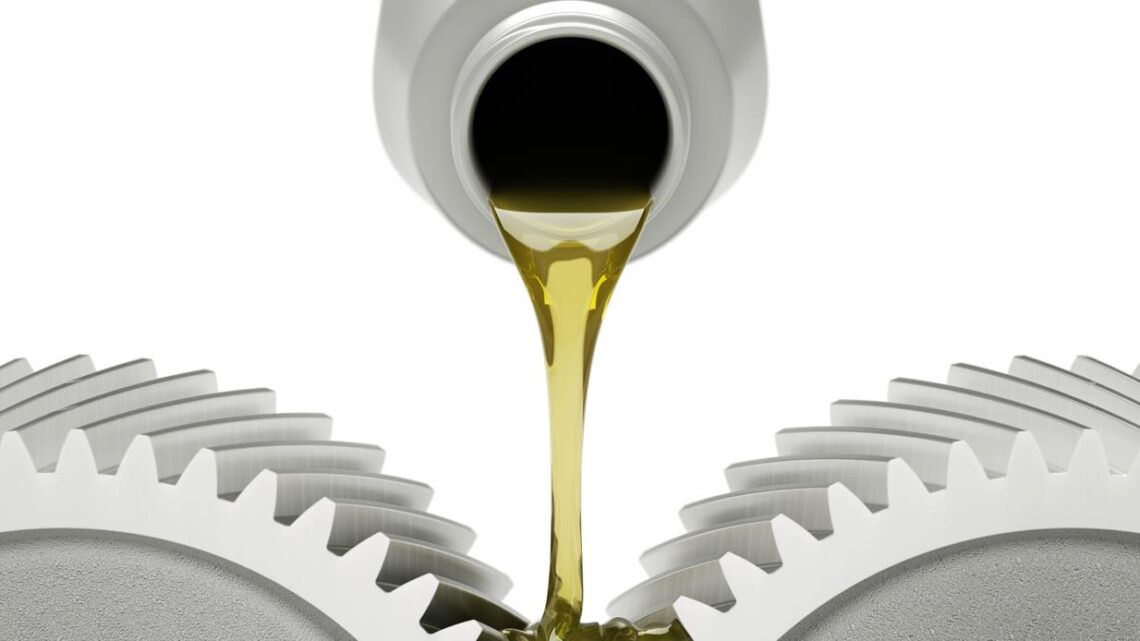
Light Cycle Oil (LCO) is a diesel boiling range product from Fluid Catalytic Cracking Units (FCCUs). However, LCO is a poor diesel fuel blending component without further processing. Oil refining is an industrial process which involves separation, conversion and finishing. FCC centered refinery uses Fluid Catalytic Cracking Unit (FCCU) has the major conversion unit. FCCU is responsible for the production of petrol, LPG and Light Cycle Oil (LCO).
Diesel is the most important fuel used in automobiles because of its high efficiency. The global demand for diesel is increasing than petrol but many older refineries have optimized their plant for producing more petrol than diesel. Light Cycle Oil is the diesel boiling range material, which is produced in addition to gas and petrol in the FCCU. LCO is treated in the diesel hydrotreater (DHT) unit to produce low Sulphur environment friendly diesel.
Production of LCO is increased in the FCCU by employing medium conversion mode rather than using traditional low conversion mode. Low conversion mode will cause a loss of gas production, deteriorate petrol octane rating and also increase the production of low valued slurry oil. With medium conversion technique both gas quality and quantity is maintained and improves the petrol octane rating. Medium conversion mode also reduces the amount of low valued slurry oil. Slurry oil contains LCO boiling range material in it; hence a separate slurry oil stripping tower is employed to recover the LCO from slurry oil.
The control of Fluid Catalytic Cracking Unit is complicated as it involves numerous parameters to be monitored and controlled. Hence Distributed Control Systems (DCS) is employed to automate the FCCU Process. There are various ways of economically upgrading LCO, which include hydrotreating, high pressure hydrocracking for full conversion of LCO into Naphtha and a more optimized partial conversion hydrocracking process. The optimized partial conversion hydrocracking process provides an effective and flexible process to process LCO into desired products such as very – low sulphur diesel and high – octane high – aromatics naphtha.
Fuel markets are observing an increase in demand for diesel, primarily in response to favorable regulations. This trend is also observed in markets where gasoline has long been dominant, such as the US. Where gasoline is still favored over diesel, the differential growth of diesel is outpacing that of gasoline.
A balancing force that will dampen the shift of world fuel markets to diesel is the overwhelming number of gasoline – fueled vehicles on the road. Furthermore, refiners have fixed assets in the form of Fluid Catalytic Cracking Units (FCCUs), which are largely for gasoline production. These factors will ensure that careful balancing of gasoline and diesel yields will be required within the FCCU for years to come.